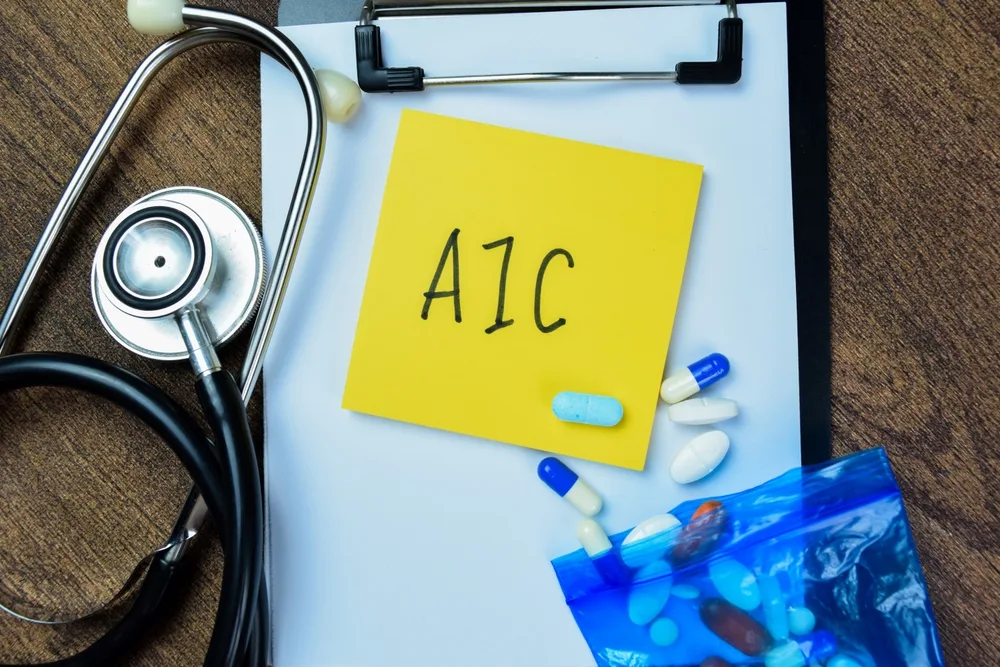Social Security Income (SSI) pays benefits to those who need help financially and have special needs. You may qualify for monthly payments if you have a low income and you meet the following conditions:
- Are a senior citizen who is 65 years of age or older.
- Have severe vision impairments, like blindness. Your central acuity must be 20/200 or less with corrective lenses or have a field limitation no greater than 20 percent.
- Are disabled. Your disability may be physical or mental and result in severe limitations and death or will last for longer than a year. As an adult, your condition must prevent you from earning an income.
You must also be a U.S. citizen, a national, or a qualifying legal resident. You must also live in one of the 50 states or the District of Columbia. You can also live in the Northern Mariana Islands and count as a resident.
Social Security Disability Insurance (SSDI) gives you monthly payments if you can no longer work because of a disabling condition.
The key difference between SSI and SSDI is that you do not need to meet resource requirements with the SSDI program.
However, you must have earned enough work credits for your age with the SSA. You are insured once you have 40 credits.
You can earn up to 40 credits a year by earning enough and paying Social Security taxes.
If you become disabled young, you do not need 40 credits. Between 31 and 60 years old, you might qualify for Social Security disability benefits with only 20 credits if they were earned in the 10 years immediately before your disability.
However, you will need the full 40 credits to obtain Social Security Retirement benefits.
By Admin –




